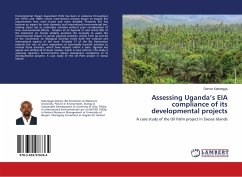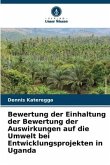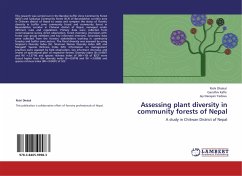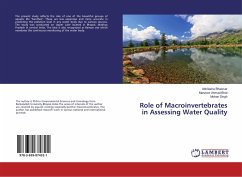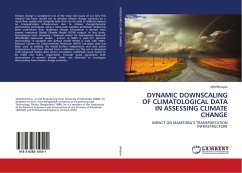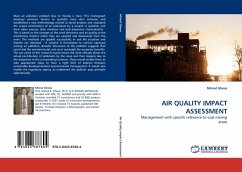Environmental Impact Assessment (EIA) has been in existence throughout the 1970's and 1980's where international treaties began to impose EIA requirements that were broad and more detailed. Presently EIA has become an aspect for both domestic and international environmental law, making states not to undertake activities without prior consideration of their environmental effects . Chapter 22 of Agenda 21 and article 8(h) of the statement on forests similarly proclaim the necessity to assess the environmental impact of certain planned activities. Article 14(1) (a) and (b) of the Convention on Biological Diversity treats both the national and international aspects of the issue. Principle 17 of the Rio Declaration extends the rule of prior assessment of potentially harmful activities to include those activities, which have impacts within a state. Uganda has signed and ratified all of these treaties, which it must enforce. This study is assessing Uganda's Environmental Impact Assessment compliance of its developmental projects: A case study of the Oil Palm project in Ssesse Islands
Bitte wählen Sie Ihr Anliegen aus.
Rechnungen
Retourenschein anfordern
Bestellstatus
Storno

